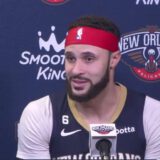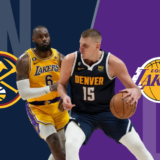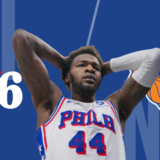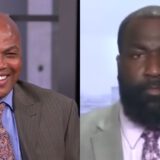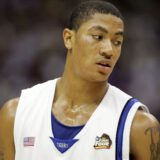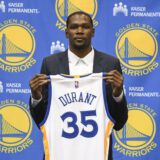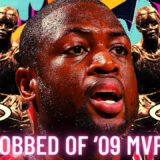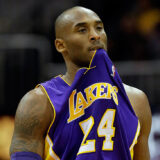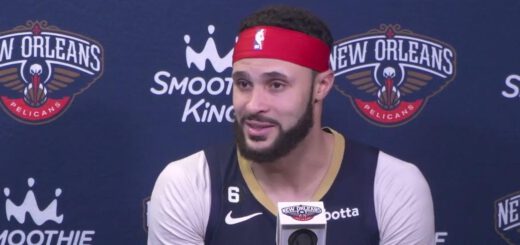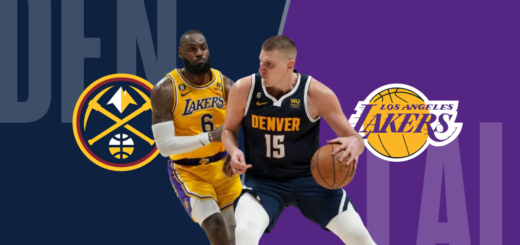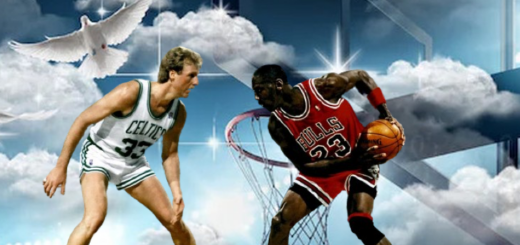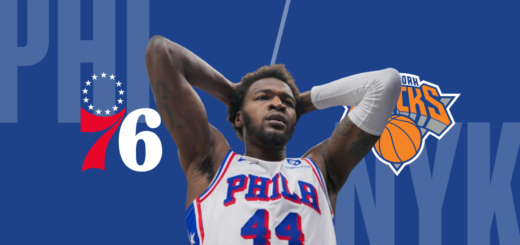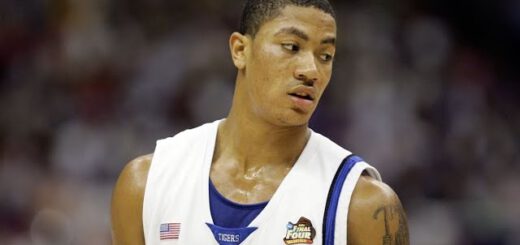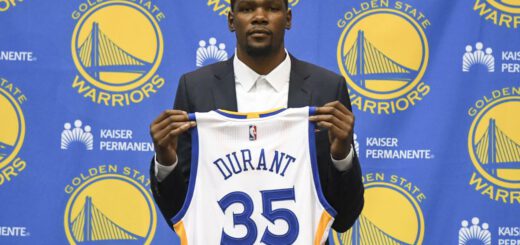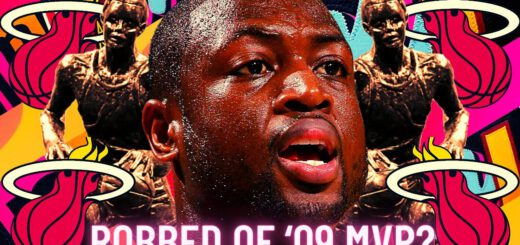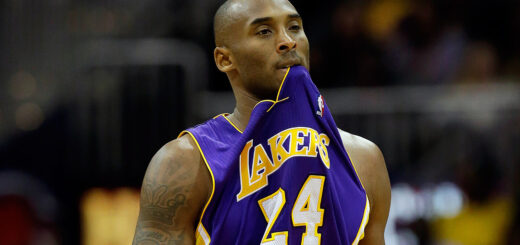The Importance Of The NBA D-League
The Importance of the NBA D-League
The NBA Development League, or NBA D-League, is the National Basketball Association’s official minor league basketball organization. Known until the summer of 2005 as the National Basketball Development League (NBDL), the NBA D-League started with eight teams in the fall of 2001, looking to develop and find a home for players who did not make it to the pros. Just like the NBA, the D-League has an NBA Draft, Playoffs, expansion teams, and individual seasonal awards.
The D-League is a faster and looser game, with more fouls, turnovers, and three-pointers. The D-League also holds a lot of high-flying dunkers trying to match their athleticism with their basketball skills; you see a lot of dunks and alley-oops. Of course, if a player has a worthy performance, or season in the minors, they could potentially be called up, or even signed by an NBA team; it happens many times from season to season, even more so in recent years.
The NBA D-League is not just important for rookies and young players, but for any player. Undrafted players, second-round picks, waived players (by a professional team), or players looking to make a comeback who still want to play the game they love usually land in the D-League. A player, no matter what age, can play in the minors for as long as they please, hoping to one day fulfill their dream. D-League players, of course, are not paid nearly as much of those in the NBA, but get similar luxuries of the professionals. Teams have their own training facilities, arenas, and fans. Rookies are paid $13,000 over a six month season, while other players’ salaries top out at $25,000. According to former long-time D-Leaguer, Moe Baker,
“The money you make in the D-League season, you can survive off of it, but it’s gonna run out real quick.”
Baker acknowledged overseas professional basketball teams, where you have to adjust to the way of life, and sometimes language has better pay. Baker claims, “some guys can make a D-League salary in one month, goin’ overseas.” Most players that make it to the pros from the D-League are most likely bench players on the average team, but becoming a star in the NBA from the D-League is not impossible, but it has been done. Charlotte Hornets starting guard Jeremy Lin had his spontaneous fame with the New York Knicks in the 2011-12 season. The fan favorite who had substantial NBA and off-the-court success averaged 18.5 points and 7.6 assists during his 26 games as an everyday player. In the first 10 games, Lin averaged 24.6 points and 9.2 assists, shooting 49.7 percent from the field but with 5.6 turnovers. In the next seven games, he averaged 16 points and 7.7 assists with 3.9 turnovers before suffering a season-ending knee injury. The New York Times called Lin “[the Knicks’] most popular player in a decade.”
Though he has never been a star throughout his career, Chris “Birdman” Andersen, the NBA’s first D-League call up in 2001, was the first of hundreds of players to fulfill their dream. Andersen, now 37, is known for his rebounding and shot blocking ability. “Birdman” has played with three teams in his career, and won a championship with the LeBron James and Dwyane Wade-led Miami Heat in 2013. Other players have had notable careers coming from the D-League, such as Matt Barnes, Will Bynum, and Rafer Alston, but Lin and Andersen are the most recognized.
The NBA D-League has grown to nineteen teams. The remaining teams who do not fully own a team, are simply missing out on potentially finding a young promising prospect. The Indiana Pacers, Cleveland Cavaliers, Golden State Warriors, Los Angeles Lakers, New York Knicks, Oklahoma City Thunder, Philadelphia 76ers, San Antonio Spurs, Utah Jazz and Toronto Raptors all own their respective D-League affiliates. Another eight teams – the Boston Celtics, Detroit Pistons, Houston Rockets, Memphis Grizzlies, Miami Heat, Orlando Magic, Phoenix Suns and Sacramento Kings have hybrid affiliation agreements, allowing an NBA team to control a D-League team’s basketball operations while local ownership controls the team’s business and community efforts. The Mavericks and Texas Legends have a one-to-one affiliation.
Along with the MLB, the NBA has one of the most successful minor league systems. Sports fans are surprised the NFL hasn’t taken up on the idea. Of course, the NBA will always be the more popular league, but fans should not shy away from watching D-League play. The potential is there; the action is there. Obviously you’d rather watch MVP Stephen Curry shake-and-bake leading to a crazy three-pointer or Anthony Davis swat half a dozen shots night-in-and-night-out, but if you ever come across a D-League game on TV, check it out.



